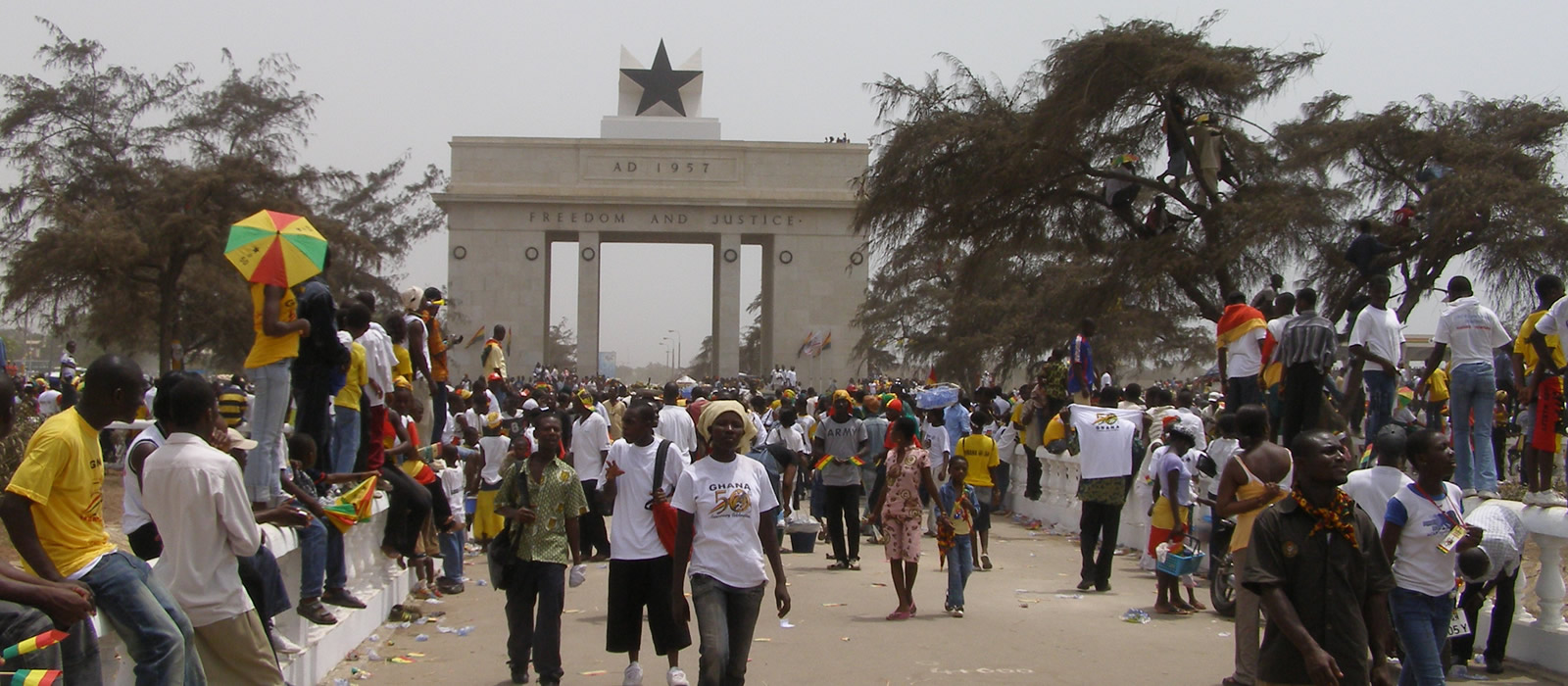Africa and Globalization
(Regional, multi-disciplinary)
| Program Requirements: Specialization in Africa and Globalization Stream in Africa and Globalization Sample Course Selection: Affiliated Faculty Members: Sponsoring Unit Website: |
“Studying in Global and International Studies has provided me with an interdisciplinary approach to understanding the world. Having a concentration in Africa and Globalization gave me an enriched and enlightened way of understanding development. I chose this concentration because I want to be a part of Africa’s future.”
Tine Ndhlovu Africa and Globalization |
 |
Study Africa to learn about the world. From the origins of humanity to the economic and political rise of western Europe and its colonies in the Americas built through the slave trade, from world-wide trends in music and the arts to the consolidation of international development as a global institution, Africa and its peoples have played an important, if not key, role in these and many other worldwide activities.
The Specialization in Africa and Globalization focuses on understanding how African peoples, cultures, societies, places, and histories have been strongly implicated in the global world while also actively contributing to it. This Specialization enables Global and International Studies students to hone their analytical skills and gain substantive knowledge through understanding how Africa has been situated in global connections and disconnections. Students gain a broad interdisciplinary understanding, examining the histories, politics, economics, literatures and cultures, and diasporas of Africa. Students also have a choice in applying their classroom knowledge to how Africa is part-and-parcel of the world through either through the African Studies Abroad course, where a Carleton faculty member takes students to Africa for a course in the Spring term, or the Placement course, which allows students to work for an organization focusing on an African topic.
Taking the Specialization in Africa and Globalization prepares students for a wide range of careers in government service, non-governmental organizations, business,humanitarian aid work, journalism, and education. Many organizations, including United Nations bodies and Canadian governmental, non-governmental and private-sector organizations, are often assisting the efforts by Africans in expanding their economies, reforming their governance systems, extending their health care and education, and addressing environmental concerns in Africa. Expertise about Africa is also an asset in work in North America, such as in business, education, social services, or policy-making.
